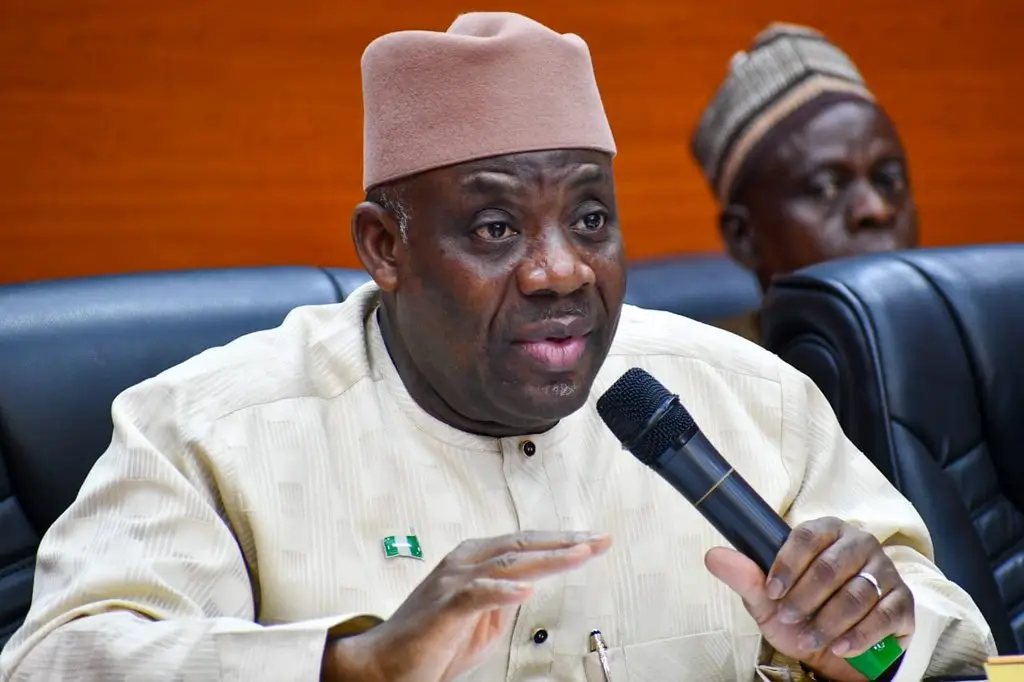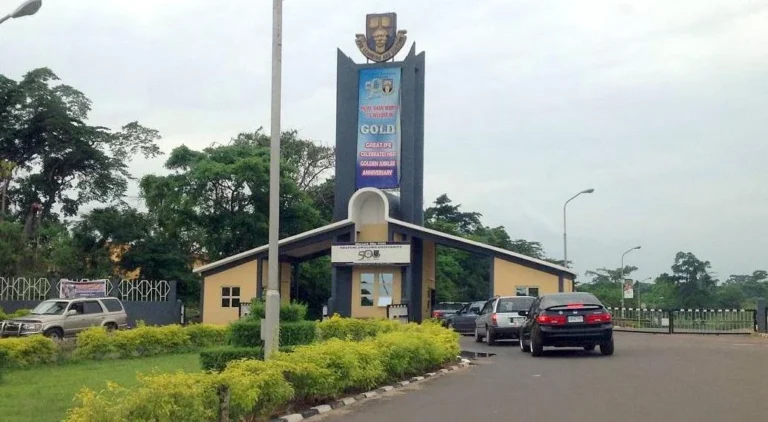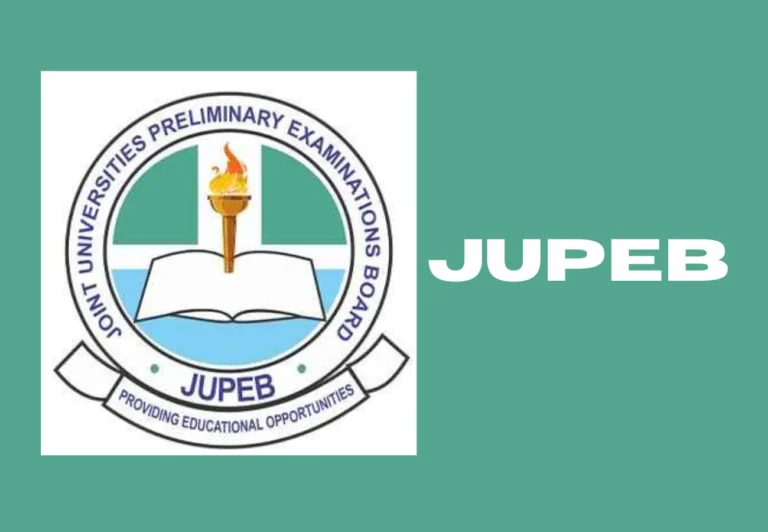
In a press release covering the strategic meeting with the VC of Federal Universities, Executive Secretary of National Universities and Managing Directors of NELFUND, the Honorable Minister of Education, Dr. Maruf Olatunji Alausa, has reaffirmed that no illegal deductions were made from student loans disbursed by the Nigerian Education Loan Fund (NELFUND), contrary to earlier public speculation. Instead, he announced robust reform measures to streamline the financial interface between NELFUND and tertiary institutions, ensuring greater clarity, accountability, and efficiency in student loan disbursements.
Dr. Alausa made this known on Wednesday, 14th May 2025, during a strategic meeting with Vice Chancellors of Federal Universities, Executive Secretary of National Universities (NUC) and the Managing Director of NELFUND at the TETFund Auditorium in Abuja. He explained that reports of misappropriation initially circulated in the media were not substantiated by investigations. Rather, the issues identified involved lapses in communication timelines between NELFUND, universities, and students.
“The disbursement process is functional,” the Minister said, “but optimization is essential. What we are doing now is making a good system better. We owe it to the students and the Nigerian public to ensure full transparency and standardization.”
To this end, Dr. Alausa announced the establishment of a high-level Committee tasked with harmonizing and standardizing the nomenclature of various charges levied by universities, which are often misinterpreted as hidden deductions from loan funds. The Committee’s mandate also includes:
- Developing a unified operational timeline that defines when NELFUND must disburse funds to institutions.
- The timeframe within which universities are to notify students of fund receipt; 3.The period by which students must be granted access to their loans, and 4. A comprehensive communication protocol. This protocol is expected to ensure that both institutions and NELFUND notify students through multiple channels—such as SMS, email, and phone calls—to guarantee effective and timely information delivery.
He emphasized that tertiary education in Nigeria remains tuition-free but noted that other institutional charges must be clearly defined and justifiable. “We are putting an end to ambiguity he added.
Also read 2025 UTME: JAMB confirms Technical Glitch Affected over 150 CBT Centers resulting to Low Score.
Rivers State University (RSU) Part-Time Evening Programme: Courses and Application Guide.
“As part of our National Education Sector Reform Initiative (NESRI), governance remains the top pillar of our agenda,” Dr. Alausa said. “We are committed to strengthening transparency, promoting responsible financial conduct, and ensuring that every kobo allocated for student welfare is used appropriately. Let me assure Nigerians that this matter will not be swept under the carpet. Anyone found culpable will face appropriate sanctions.”
Dr. Alausa further emphasized that President Bola Ahmed Tinubu, who established NELFund as a flagship initiative, made adequate budgetary provisions to support both students and institutions in a fair and transparent manner. “NELFund was created to expand students’ access to high quality education and to support universities financially in a legal and sustainable way. Any attempt to exploit this fund is unacceptable and contradicts the President’s vision for inclusive human capital development.”
The Honorable Minister reaffirmed the administration’s commitment to protecting public funds and ensuring that students receive the full benefits of all government education support schemes.



3 thoughts on “Tertiary Education In Nigeria Remains Tuition-Free: Minister Of Education Speaks, Moves To Harmonize Nelfund Disbursement And Student Charges”